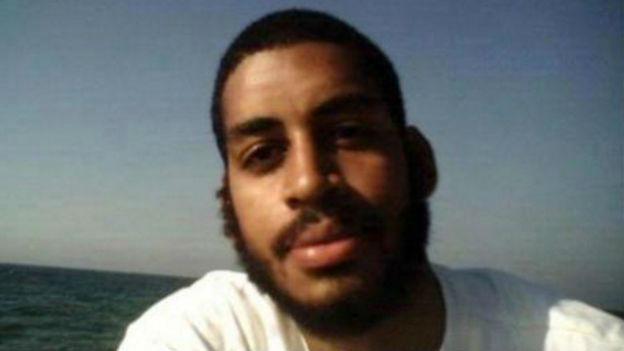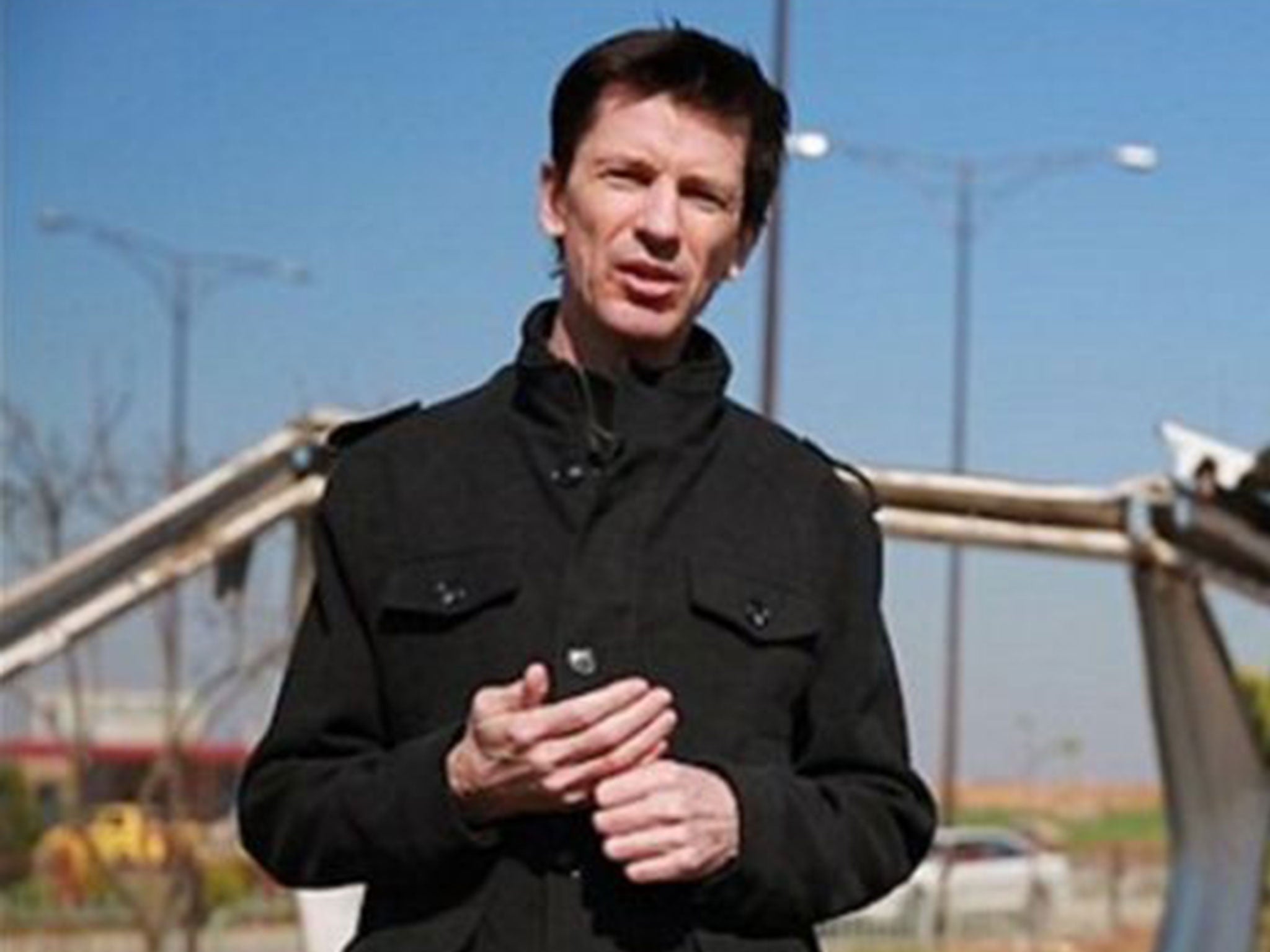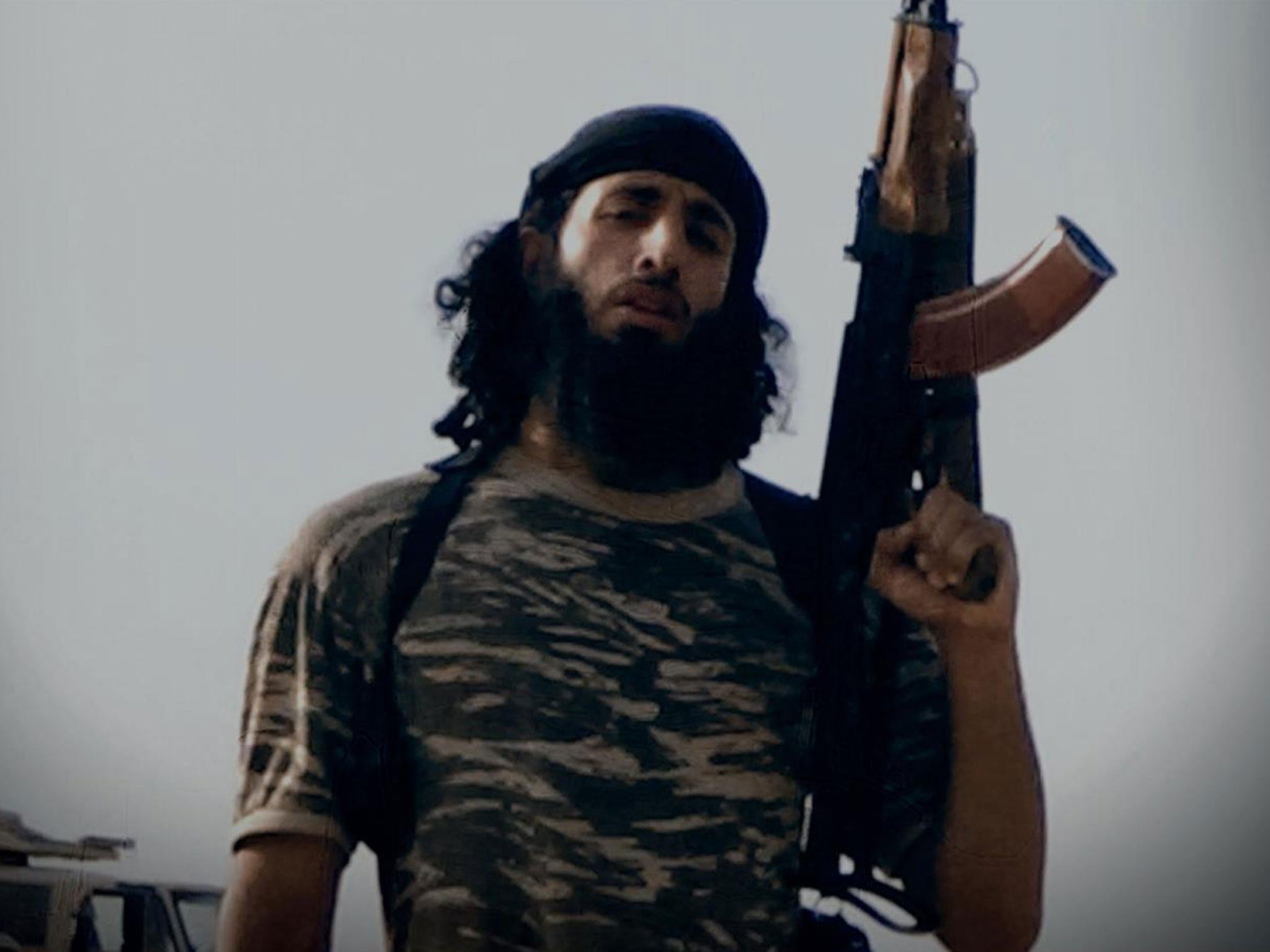Amber Rudd leaves door open for British Isis 'Beatles' militants to be tried in UK amid talks with US
British and American officials in talks over where militants should be taken

Your support helps us to tell the story
From reproductive rights to climate change to Big Tech, The Independent is on the ground when the story is developing. Whether it's investigating the financials of Elon Musk's pro-Trump PAC or producing our latest documentary, 'The A Word', which shines a light on the American women fighting for reproductive rights, we know how important it is to parse out the facts from the messaging.
At such a critical moment in US history, we need reporters on the ground. Your donation allows us to keep sending journalists to speak to both sides of the story.
The Independent is trusted by Americans across the entire political spectrum. And unlike many other quality news outlets, we choose not to lock Americans out of our reporting and analysis with paywalls. We believe quality journalism should be available to everyone, paid for by those who can afford it.
Your support makes all the difference.Members of the British Isis cell known as “The Beatles” could face trial in the UK, the Home Secretary has suggested.
The Government has previously pushed for Alexanda Kotey and El Shafee Elsheikh to be handled by the US for their involvement in crimes including the beheading of hostages.
But Amber Rudd left the door open for them to be returned to Britain amid talks between officials in the UK and US.
“The important thing is that they have been arrested,” she said during a visit to the Middle East. “The important thing is, to us, that they will face trial.
“I can’t be drawn at the moment on where that will be, but I am absolutely convinced, and absolutely committed, to making sure that they will face trial, because the security of the United Kingdom will always come first.”
Kotey and Elsheikh were the last two members of the “The Beatles” to remain at large until they were detained by US-backed Syrian Democratic Forces (SDF) in eastern Syria last month.
The former Londoners are among hundreds of foreign fighters captured during advances that saw all of Isis’ major strongholds in the country retaken, including its de-facto capital of Raqqa.

The US is coordinating information on captured foreign fighters with governments in the broad anti-Isis coalition and American defence officials say they “generally expect these detainees to return to their country of origin for disposition”.
US Defence Secretary Jim Mattis previously said that “the important thing is that the countries of origin keep responsibility for them”.
But his British counterpart Gavin Williamson, hit back last week by saying Kotey and Elsheikh ”have turned their back on British ideas, British values”. “Do I want them back in the United Kingdom,” he said. “No, I don’t.”
Kotey and ElSheikh are believed to be among dual nationals who joined Isis to have their British citizenship removed for the “public good”, although the Government has refused to confirm their status.
The US has ruled out sending Kotey and Elsheikh to the Guantanamo Bay detention camp in Cuba, where terror suspects have been detained indefinitely without trial.
Tobias Ellwood, a parliamentary under secretary of state at the Ministry of Defence, has argued that the men should be tried at the International Criminal Court but it can only act when countries are “unable or unwilling” to exercise their jurisdiction.
Lord Carlile, the former Independent Reviewer of Terrorism of Legislation, said a British trial was the “proper forum” and the prospect has been supported by their victims and relatives.

Kotey and Elsheikh were wanted for involvement in the execution of hostages including the American journalist James Foley and British aid workers David Haines and Alan Henning, whose families hailed their capture the first step towards justice.
They were declared “specially designated global terrorists” last year for their roles in the group, with officials holding the cell responsible for beheading more than 27 hostages and torturing many more.
Intelligence extracted during interrogation by American officials has already sparked operations hunting other jihadis down and could help searches for British hostage John Cantlie and victims’ bodies.
“The Beatles’” ringleader Jihadi John, whose real name was Mohammed Emwazi, was killed in a 2015 drone strike and the fourth militant in the cell, Aine Davis, has been jailed for terror offences in Turkey.
A small number of captives, including French journalist Nicolas Henin, were freed and have told of the British militants’ brutality.
Mr Henin, who was released just four months before the group started beheading his former cellmates, said they should not be given the “satisfaction” of being put to death and becoming martyrs.
“What I want is an incontestable trial,” he told The Independent. “I believe both former hostages and the families of those murdered largely share my feelings. We all are looking for justice. It will not bring us what we lost, a year in our life or even a son, but it’s still necessary.”
Elsheikh, 29, was said to have earned a reputation for waterboarding, mock executions and crucifixions while serving as a jailer.
He came to the UK as a child from Sudan, when his family were granted refugee status, and became a mechanic in west London. Elsheikh had links to local gangs as a teenager, was not known as religious until being introduced to a radical preacher. He travelled to Syria in 2012 and joined al Qaeda’s regional branch before an internal dispute led to a splinter group creating Isis.
Fellow guard Kotey was involved in beheadings and known for “exceptionally cruel torture methods”, including electronic shocks. The 34-year-old is also accused of acting as an Isis recruiter and being responsible for drawing several other British extremists to join the terrorist group.
Born in London, Kotey is half-Ghanaian, half-Greek Cypriot and grew up in Shepherd’s Bush. He is believed to have converted to Islam in his early twenties, and left two young children in Britain when he travelled to Gaza in 2009 as part of a controversial aid convoy organised by former Labour and Respect MP George Galloway.
While Isis’s self-declared caliphate across Iraq and Syria has collapsed, leaving only small pockets of militants surrounded in border areas, it continues efforts to inspire terror attacks around the world and has expanded into countries including Afghanistan, Libya and Egypt.
The Government has been stepping up efforts to combat its online propaganda, which has been linked to terror attacks in the UK and across Europe.
Additional reporting by PA
Join our commenting forum
Join thought-provoking conversations, follow other Independent readers and see their replies
Comments